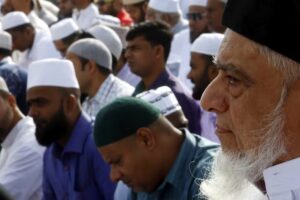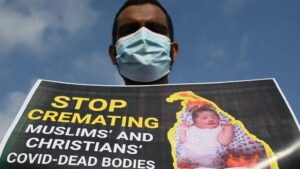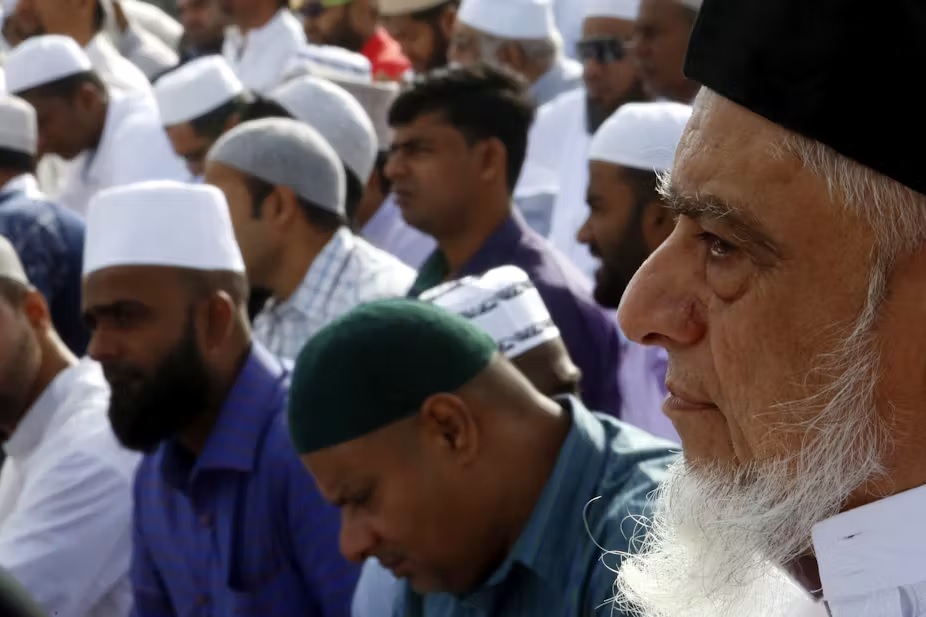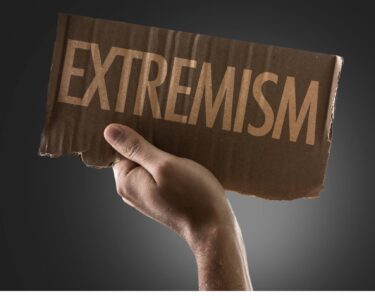Sri Lankan Government Apologizes for Forced Cremation Policy Amid New Findings on COVID-19 Transmission
The previous Gotabaya Rajapaksa administration made a controversial decision to forcefully cremate the bodies of COVID-19 victims, a decision that recent research has shown to be unfounded in terms of preventing virus spread through surface water.

New Research Findings
In a cabinet paper released today, it was detailed that a study commenced in July 2021 by the Ministry of Water Supply, with the assistance of the University of Jayawardenapura, aimed to detect the presence of the SARS-CoV-2 virus in various aquatic environments in Colombo and Kandy. This study scrutinized river water, wastewater from hospitals, quarantine facilities, and other potential sources of contamination. The findings from this study revealed that there was no presence of the virus in surface water.
Additionally, a second study completed in March 2024 by the China-Sri Lanka Joint Research and Demonstration Center for Water Technology, under the Ministry of Water Supply and Estate Infrastructure Development, investigated the transmission of the virus to water resources, including groundwater. This research confirmed that feces and urine were primary sources of transmission, but safe burial practices did not pose a risk for spreading the virus.
Government Apology and Policy Change
Based on these findings, the cabinet of ministers has approved a joint proposal from the Minister of Justice, Prison Affairs, and Constitution Reforms, the Minister of Foreign Affairs, and the Minister of Water Supply and Estate Infrastructure Development. The proposal includes a formal apology on behalf of the government to all communities affected by the compulsory cremation policy enforced during the COVID-19 pandemic.
“The government deeply regrets the distress and trauma caused to the families of COVID-19 victims due to the enforced cremation policy,” the cabinet paper stated. “We have now confirmed through rigorous research that safe burial does not pose a risk of virus transmission through water. We extend our heartfelt apologies to all those affected.”
Background and Broader Implications
The forced cremation policy, implemented during the Rajapaksa administration, was met with significant opposition, particularly from the Muslim community. In Islam, cremation is strictly prohibited, and the faith mandates that the deceased must be buried as soon as possible after death. The body is considered sacred and should be treated with the utmost respect, preserved in its natural state, and buried following specific rituals.
Muslims believe that the body should be buried in the earth as soon as possible after death. The burial process includes ritual washing (Ghusl), shrouding the body in a simple white cloth (Kafan), and performing the funeral prayer (Salat al-Janazah).

Respect for the Body: The body is considered sacred in Islam and should be treated with the highest respect. Cremation is viewed as a desecration of the body, which should be preserved in its natural state for burial.
The forced cremation of a 20-day-old Muslim baby in Sri Lanka angered and saddened many Sri Lankan Muslims.
The parents of the baby protested to the cremation but the authorites cremated the body and they were not alone ,some Muslim families refused to claim the bodies of their dead, leaving the government to cremate them on state expense, while many will not accept the ashes of their loved ones.







